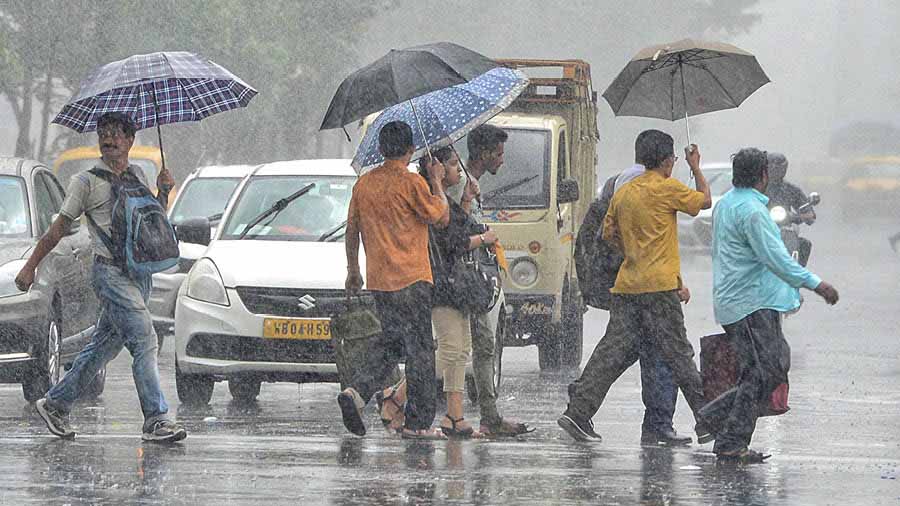India’s ambitious climate goals, including achieving net-zero emissions by 2070, require innovative solutions and substantial financial resources. While government efforts, international agreements, and private sector investments are crucial, philanthropy can play a vital role in accelerating the nation’s progress toward climate action.

Source:- bbc news
Philanthropic funding, which traditionally supports social causes, can be redirected toward climate change mitigation and adaptation initiatives. With India being one of the most vulnerable countries to climate change, philanthropic contributions can help address urgent challenges like renewable energy, sustainable agriculture, and climate resilience. By investing in scalable, innovative solutions, philanthropists can drive grassroots-level interventions while also supporting policy advocacy and research.
Source:- news 18
One area where philanthropy can make a significant impact is in promoting clean energy projects. Philanthropists can help fund the transition to renewable sources by backing solar and wind energy projects in rural and underserved areas. This can not only reduce carbon emissions but also ensure energy access for millions of people.
In addition to clean energy, philanthropy can contribute to climate-smart agriculture, which is essential for ensuring food security in a changing climate. Supporting sustainable farming practices, water conservation technologies, and climate-resilient crops can help farmers adapt to new challenges posed by extreme weather patterns.
Philanthropists can also fund education and awareness campaigns to build a public understanding of climate change. By fostering collaboration between NGOs, governments, and businesses, they can help create a united effort to tackle climate challenges.
Unlocking philanthropy for climate goals requires strategic investments, long-term commitment, and coordination among various stakeholders. With the right framework, philanthropic funding can serve as a catalyst to help India meet its climate targets while improving livelihoods and strengthening climate resilience.
Share your views in the comments

